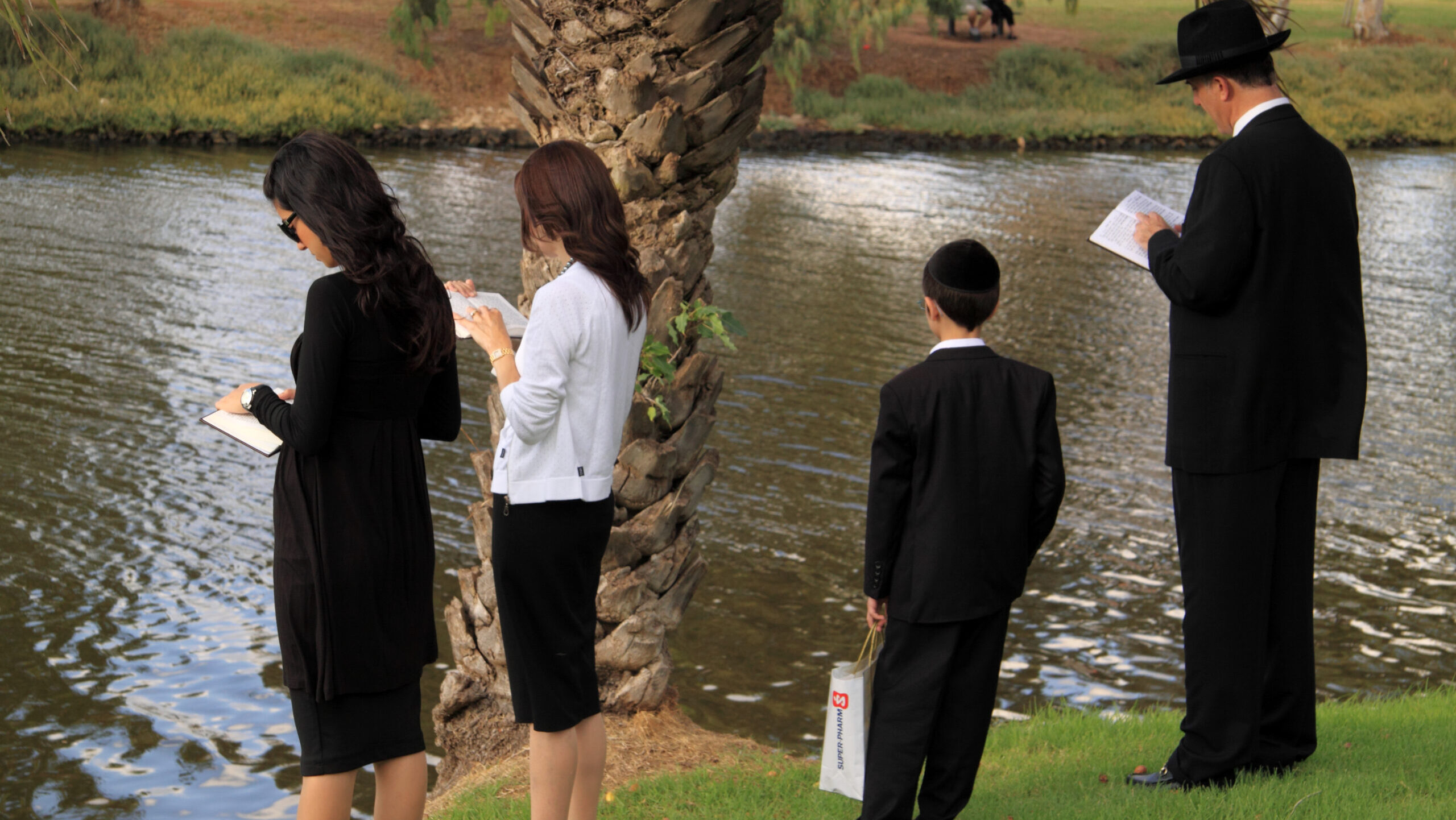Rosh Hashana Brings Hope for Healing After a Year of Strife
As the new Jewish year begins, Israel faces internal and external challenges, with many hoping for unity and peace in the coming year
When the world celebrates New Year’s Eve, parties and fireworks are all over. Strangers embrace while inebriated, and everyone has a jolly good time.
Last Thursday and Friday, the Jewish people welcomed the new year. In contrast to global celebrations, it was a period of introspection, repentance, and prayer, seeking atonement and asking the Almighty to inscribe them in the Book of Life for the coming year.
This period, known as the High Holidays, culminates on Yom Kippur, the Day of Atonement, when tradition teaches that our fate is sealed. However, it is believed that the gates of heaven remain open until the final day of the Sukkot festival, known as Hoshana Rabbah.
Last year, the answer to the prayers of the Jewish people was brutally swift. The day after the gates of heaven were closed was October 7. Instead of celebrating Simchat Torah, the Jewish people witnessed the worst pogrom since the Holocaust.
Prior to October 7, Israel society was divided by the government’s drive to impose judicial reforms, which were designed to weaken the powers of the judiciary and were viewed by many as overly interventionist.
The country was riven by mass demonstrations and bitter accusations between those in favor of and those against the reforms. Underlying these divisions was the fact that the country was divided between the pro- and anti-Benjamin Netanyahu camps.
The conduct of all parties during this period was deplorable. The government’s attempt to bulldoze reforms that go to the core of how Israel is governed was inexcusable. Likewise, the hysterical response of those who opposed the reforms negated any possibility for dialogue and was seen by many as an effort to overthrow the government led by their nemesis, Netanyahu.
A week after October 7, I prepared to attend a shiva for fallen soldier Itay Moreno, who was killed in the fighting in Gaza. The Moreno family is considered one of the most heroic IDF service contributors.
Itay’s uncle, the legendary Emmanuel Moreno, served in the elite Sayeret Matkal General Staff Reconnaissance Unit during the Second Lebanon War and took part in numerous operations. His name was feared by enemies. He tragically died at the end of the war in 2006.
This holiday season, give to:
Truth and understanding
The Media Line's intrepid correspondents are in Israel, Gaza, Lebanon, Syria and Pakistan providing first-person reporting.
They all said they cover it.
We see it.
We report with just one agenda: the truth.


Both Emmanuel and Itay left behind widows. Just before leaving for the shiva, I saw Emmanuel’s widow, Maya, being interviewed on television. A deeply religious and spiritual person, she delivered a poignant message that day.
Maya lamented the divisions that plagued the country before October 7, not only over judicial reforms but also between secular, Orthodox, and ultra-Orthodox communities. She hinted that divine providence might be at work, with these divisions weakening the nation and emboldening its enemies.
She concluded her message with a call for national unity and support for the soldiers fighting in what she described as an existential war for survival.
I had heard similar sentiments from politicians and commentators before, and I’m often dismissive, especially when rabbis invoke God’s wrath to criticize behavior they disapprove of. But Maya’s pleas felt heartfelt and genuine.
When these sentiments come from someone whose family has sacrificed so much for Israel’s survival, they strike a deep chord. Her message resonated nationwide as the country indeed came together in the aftermath.
I remember a strong determination to win the war against Hamas, bring home the hostages and the displaced in the north and south, and address the internal divisions as the nation sought to rewrite its social contract.
As the new year begins, Israel remains locked in conflict with no resolution on the release of the remaining hostages in Gaza, and the threat of an all-out war in Lebanon looms. Where do we stand?
The Israel Defense Forces (IDF) have achieved significant success in subduing Hamas. However, the political leadership has yet to present a clear plan to end the war in Gaza or a strategy for what comes next. Despite recent successful operations against Hezbollah, including the elimination of Hassan Nasrallah, the group still retains the ability to cause substantial harm to Israel.
The divisions that existed before October 7 persist, and in some cases, have exacerbated. Anti-Netanyahu groups are again protesting, this time blaming him for not securing the release of the remaining hostages. Accusations against Netanyahu are growing more vitriolic over time.
No unity government is in place to ensure national cohesion. Yair Lapid and Avigdor Lieberman let the country down by not joining a unity government when Benny Gantz did, and now even Gantz has abandoned the ship.
This situation has left Netanyahu dependent on the far right, leading to accusations that his policies prioritize political survival over the nation’s best interests.
Meanwhile, the ultra-Orthodox community refuses to address the issue of mandatory military service, further angering the rest of the country, which bears the brunt of the casualties.
The slogan “Together we will prevail,” chanted and posted across the country, rings hollow in light of the political establishment’s behavior.
At this point, readers may feel very pessimistic about what the coming year holds.
Yet, if we look back to 1948, in the darkest days following the Holocaust, the State of Israel emerged and survived against all odds. It was seen as a miracle, and indeed, the survival of the Jewish nation since then is miraculous.
Every year, Israel faces numerous challenges, with some years being worse than others. Yet, Israel has consistently overcome them all.
During these Days of Awe, it is crucial to embrace the message of unity. Israel will defeat its external enemies, but the real challenge after the war is to heal the divisions within. We owe it to our soldiers, who have fought together with extraordinary courage, and to the memory of the victims of October 7 and their grieving families.
May this new Jewish year bring peace and tranquility, marked by the return of the hostages. And may the new year mark the start of a process of healing from the trauma of the past year.


